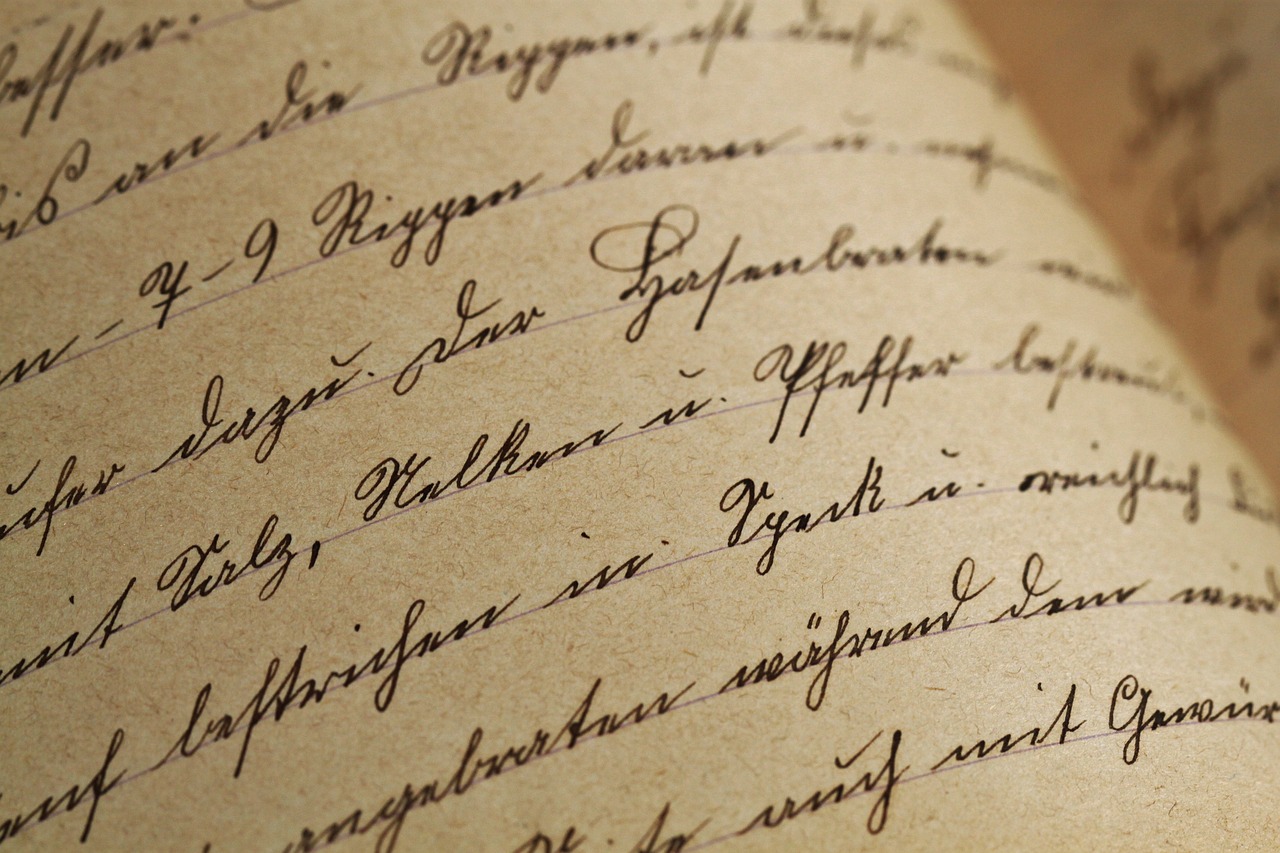Everything I Know, I Learned...預覽


Letters
When I was in school, especially in the upper grades, we learned how to write letters. I remember practicing writing different kinds of letters, formal and informal, noting where the heading, the date, the address, the body, the salutation, and the signature went on the page. Unfortunately, the use of written letters, stamped and sent by USPS, is becoming rather obsolete as a way of communication – mostly because of texting, email, and blogs.
It’s unfortunate because of how much recorded history would have been lost if not for the handwritten letters sent by those who have gone before us.
One of my favorite books is John Adams, written by David McCullough. This book was turned into a wonderful HBO series that is also a favorite of mine. So much of the Adams book and therefore so much of what we know of colonial America and our fight for independence was gleaned from letters our 2nd president wrote to his wife Abigail throughout their lives together. Of course, these letters weren’t necessarily meant to be read by anyone other than the intended recipient, but just think of the benefit they hold today. These letters not only provide facts but perspective as well.
Every time I read the letters of Paul included in our Bible, I try to remember that the Apostle had no idea that I, 2,000+ years later, would not only be reading those letters but embracing theology and directions for godly living. For example, in Paul’s first letter to his good friend, Timothy, I was inspired and intrigued by what was there. Don’t forget this was one guy writing to another. “But godliness with contentment is great gain. For we brought nothing into the world, and we can take nothing out of it. But if we have food and clothing, we will be content with that.” (1 Timothy 6: 6-8)
Keep in mind that this was a private letter meant for Timothy’s eyes only and for his encouragement. And yet this encouraged and taught and convicts me now!
Even though letter writing is going by the wayside, we are still leaving archives of words, deeds, and attitudes behind. I sometimes fail to remember that I am building a base upon which others will stand one day.
The end of Paul’s first letter to Timothy spoke clearly to me this morning,
O Timothy, guard what has been entrusted to your care. (1 Timothy 6: 20)
I used their correspondence to inspire me to do this:
Take care of the people, the tasks, and the calling that have been entrusted to me.
First Timothy. A personal letter from one man to another? Yes, but I don’t think that they would mind if we open and read their mail sometimes. In fact, I think they’d be delighted.





